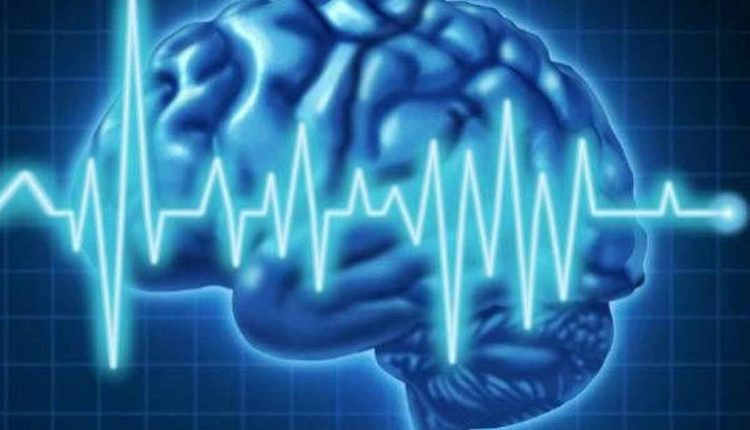
Brain Tumor Symptoms You Need to Know About
“The key to a tumor’s symptoms really depends on its location,” says Theodore Schwartz, MD, a neurosurgeon with the Weill Cornell Brain and Spine Center.
If you have a tumor near the part of your brain that controls your arm or your eyesight, your symptoms may include limb weakness or blurry vision. When you consider that every cell in your brain can form a tumor—and that your brain controls or interprets information from every part of your body—the list of possible tumor symptoms encompasses almost anything imaginable. However, some signs and brain tumor symptoms are more common than others.
Changes in Memory or Thinking
While it’s true that tumors can cause big shifts in a person’s behavior or personality. People with brain tumor are more likely to have issues remembering things, to feel confused, or to suffer less-dramatic thinking problems.
Nausea
Feeling nauseous or sick to your stomach, especially if those symptoms are tenacious and unexplained, could be a sign of a brain tumor.
Vision Changes
Blurry vision, double vision, and loss of vision are all associated with brain tumor. You may also see floating spots or shapes—or what is known as an “aura.”
Seizures
Regardless of your type of tumor, seizures are often one of the first signs of a brain tumor. Seizures take many forms. You could experience whole-body seizures, or jerking or flexing limited to one limb or one part of your face.
Clumsiness
If you find yourself fumbling with keys, missing steps, or stressed with your balance, that sort of awkwardness in your arms, legs, or hands could be a symptom of brain tumor. Problems in speaking, swallowing, or controlling your facial expressions are some of the ways awkwardness could show up in or around your head.
Numbness
If a tumor forms on the brain stem—the place where your brain connects with your spinal cord—you may experience loss of feeling or numbness.
Not Typically Headaches
Breathe easy. Although what most of us would assume, headaches are often not an early pointer of a brain tumor.
If you are concerned about any changes you experience, please talk with your doctor. Your doctor will ask how long and how often you’ve been experiencing the symptom(s).
If a brain tumor is diagnosed, relieving symptoms remains an important part of your care and treatment. This may also be called symptom management, soothing care, or supportive care. Be sure to talk to your health care team about symptoms you experience, including any change in symptoms.
Source:
https://www.prevention.com/health/7-warning-signs-of-a-brain-tumor-you-should-know

